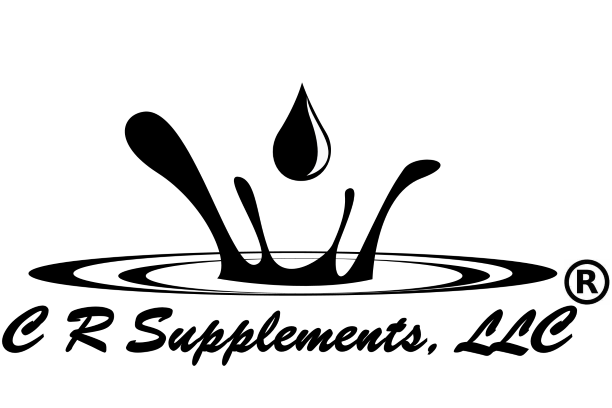|
Staying hydrated in the winter! You can easily get dehydrated when less ice water is drunk. More hot beverages are desired. Many hot drinks like hot chocolate, black tea and coffee, are ones that move water out of your body quicker. If the increased loss of water from drinking those is not balanced with adequate plain water, dehydration occurs.
But I’m not sweating (as much)! True. But some is still leaving through your skin pores. Water still leaves your body through the air that you exhale. When you are exerting yourself and the air humidity is lower, it may be visible as a fog or steamy breath. Most of the time you are not seeing it leave, but it still does. And it needs replaced. Keep your water levels up! Water as a part of your blood stream carries nutrients to where they are needed. That activity is especially important for times of increased activity. The same liquid that carries nutrients in also carries used-up waste materials away from all body cells to the liver, kidneys, lungs and skin so that it can be eliminated. Waste materials that are not removed attract scavengers known as bacteria. Bacteria love and thrive in the acidic environment of things that are no longer usable by your body. Fewer waste materials = fewer bacteria! And healthier you! All liquids help, but…What if…your drink is already saturated with things that are not body friendly? A saturated liquid may help remove what it brings into the body, but it is already busy with what has been brought in and has no room to pick up more waste materials to take out of your body. This leaves waste materials already present continuing to accumulate as they wait for less saturated liquids–especially good, clean water–to come by and move the accumulation out. Stay Healthy! Stay Hydrated!
|
|
Minerals that are lost in dehydration.
|
| Excreted in urine include Calcium, Copper, Iodine, Iron, Magnesium, Manganese, Molybdenum, Zinc, Potassium, Sodium.
Some minerals that support healthy lungs include Magnesium, Selenium an |
This information has not been reviewed by the Food and Drug Administration and is not intended to prevent, diagnose, treat, or cure any disease.


